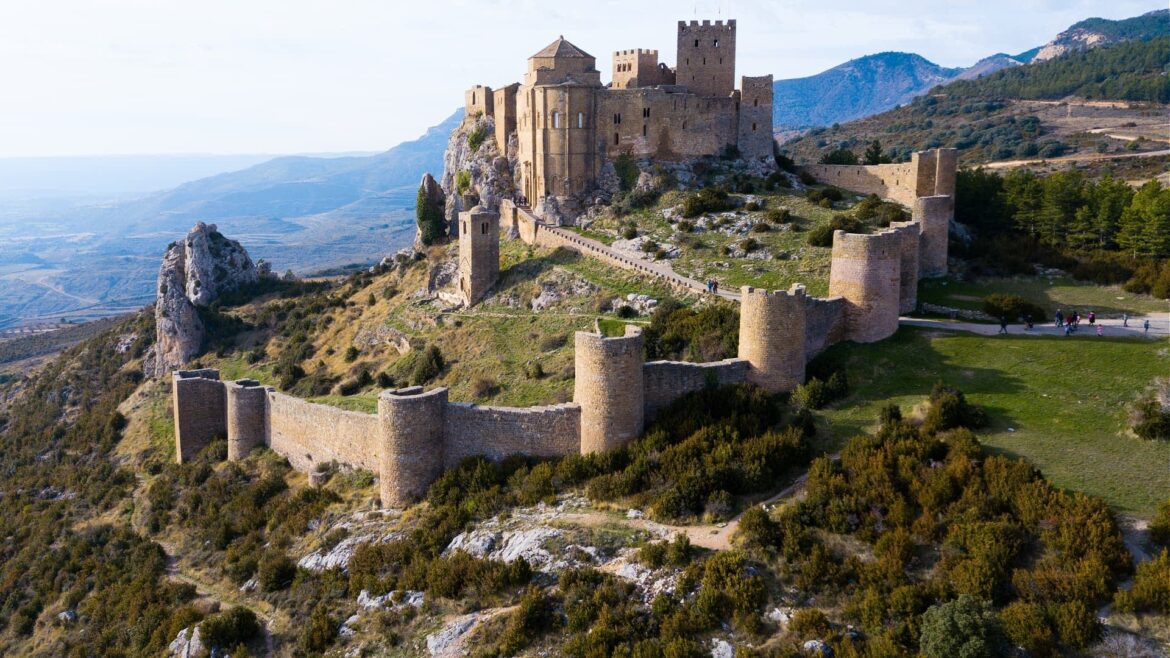Summary
Traditional olive farmers in Huesca’s province are celebrating the approval of a new Protected Designation of Origin (PDO) for Aceite del Somontano, which has entered the European Union Register of Geographical Indications after a years-long process involving farmers across forty-two municipalities. The PDO for Aceite del Somontano requires that at least 85 percent of the olive oil must come from native varieties, and all extraction, storage, and bottling must take place within the region, with the goal of preserving traditional landscapes and enhancing the overall value of the product.
In the heart of Huesca’s province, in Aragón, traditional olive farmers are celebrating the approval of the new Protected Designation of Origin (PDO) for Aceite del Somontano.
Many of these varieties are grown in centuries-old groves planted on terraces. We hope the designation encourages farmers to continue cultivating them.- Carlos Dominguez, president of the DOP Aceite del Somontano
The new PDO has entered the European Union Register of Geographical Indications after a years-long process involving farmers across forty-two municipalities.
Somontano, meaning “under the mountain,” describes the frontier zone stretching from the foothills of the central Pyrenees toward the Ebro valley.
“After a long road, with much work and effort, we have finally obtained the designation,” Carlos Dominguez, president of the DOP Aceite del Somontano, told Olive Oil Times.
The association oversees promoting the region’s heritage, strengthening the market position of traditional producers and ensuring authenticity and traceability.
Somontano becomes the third olive oil PDO in Aragón, joining Bajo Aragón and Sierra del Moncayo.
According to the strict product specification that regulates production, at least 85 percent of Aceite del Somontano must come from native varieties, including Albareta, Alcampelina, Caspolina, Cerruda, Negral de Bierge and Verdeña.
“We have always focused on local varieties — eighteen in Somontano — while limiting Arbequina to fifteen percent,” Dominguez said.
The rules require olives to be harvested and milled quickly at controlled temperatures to preserve green fruitiness and avoid astringency.
All extraction, storage and bottling must take place within the region. These steps guarantee traceability and a sensory profile shaped by the cool Pyrenean influence and terraced, traditional groves, with notes of green olive, grass, leaf, almond and tomato.
“We believe that preserving and promoting these local varieties allows us to produce a distinctive olive oil, with a wide range of flavors and intensities,” he added.
The PDO provides complete legal protection across the European Union, ensuring that only olive oils produced within the designated mountain-foothill area using native varieties and traditional methods may carry the name.
The designation is expected to help producers position their oils in premium markets, strengthen their presence abroad and enhance overall value.
The application for the PDO also emphasized the benefit to the territory: an added incentive to preserve traditional landscapes at a time when many face intensification or abandonment.
“Many of these varieties are grown in centuries-old groves planted on terraces. We hope the designation encourages farmers to continue cultivating them,” Dominguez said.
Farmers say the recognition blends modern techniques with ancient history, honoring generations of growers.
“Traditional olive groves have been passed down from our ancestors. It would be natural not to be the last to enjoy them,” Dominguez noted.
“Sooner or later, we should consider the centuries-old olive tree as a protected tree,” he added.
“What we have seen in recent years makes little sense. There is room for traditional olive groves and intensive ones,” Dominguez concluded, referring to the heated debate about the future of olive cultivation in Spain.


Dining and Cooking